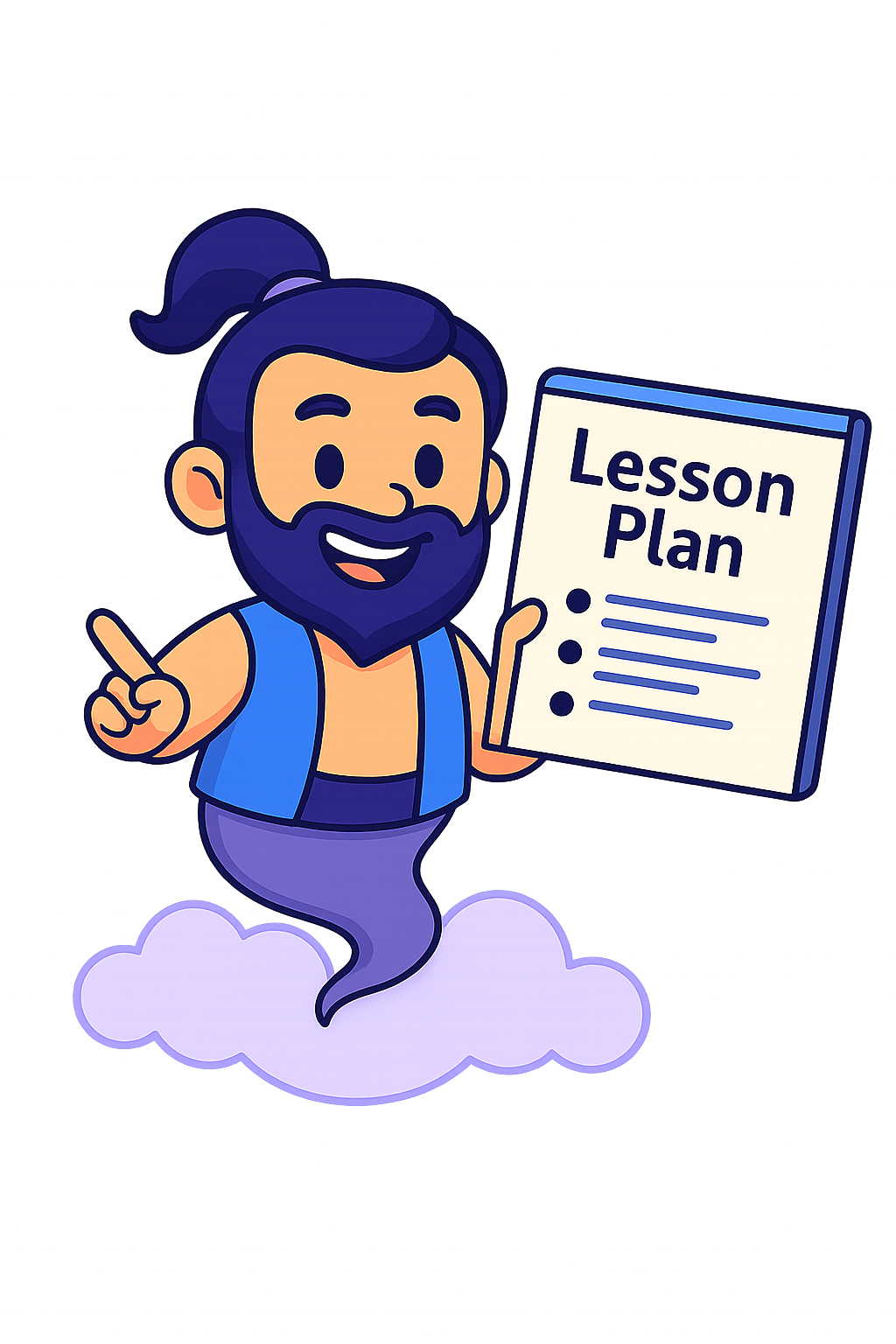 Using Precise Language to Improve Writing
Using Precise Language to Improve Writing
Objective: Students will learn how to choose precise words and phrases to clearly express ideas in their writing, directly addressing the standard 8.W.6.
Learning Objectives
- Identify examples of vague versus precise language in sentences.
- Practice rewriting sentences using more precise words and phrases.
- Understand how precise language makes writing clearer and more engaging.
Materials Needed
- Notebook or lined paper
- Pencils
- Example sentences worksheet
- Thesaurus (optional)
Key Vocabulary
- Precise Language
- Using exact and specific words to clearly express an idea.
- Phrase
- A small group of words that work together but do not form a complete sentence.
- Revision
- The process of improving a piece of writing by making changes to content, word choice, or structure.
Detailed Activities
Identifying Vague and Precise Language
- Read aloud example sentences with vague language.
- Discuss why the sentences feel unclear or dull.
- Together, brainstorm more precise words or phrases to improve each sentence.
Rewrite Sentences for Clarity
- Provide students with a worksheet containing vague sentences.
- Ask students to rewrite each sentence using more precise language.
- Share and discuss the rewritten sentences, highlighting improvements.
Writing Practice
- Prompt students to write a short paragraph about their favorite animal or hobby.
- Encourage them to use precise words and phrases to describe details.
- Review the paragraph together, suggesting where language can be made more exact.
Parent & Instructor Notes
- Encourage your child to think about how using specific words can paint a clearer picture for the reader.
- You can use a thesaurus together to find more precise words, but make sure the new words fit the sentence.
- Praise effort and creativity when your child tries to improve their sentences.
Assessment Questions
- What is precise language and why is it important in writing?
- Can you find a vague word in a sentence and suggest a more precise replacement?
- How does using precise words help the reader understand your writing better?
Extension Ideas
- Have your child write a descriptive paragraph about a place they like, focusing on using precise language.
- Create a game where you both take turns saying vague sentences and challenging each other to make them more precise.
Frequently Asked Questions
Encourage them to describe the idea in simpler terms first, then you can help find a better word together or use a thesaurus.
Use everyday examples, like describing a toy as ‘big’ versus ‘the size of a soccer ball,’ to show how more detail helps someone picture it better.
Teacher’s Guide
Common Misconceptions:
- Students may think longer or more complicated words are always more precise.
- They might confuse precise language with using fancy vocabulary rather than clear and specific words.
Scaffolding Ideas:
For Struggling Students:
- Provide sentence starters or word banks with precise words.
- Work one-on-one to rewrite sentences together before independent practice.
For Advanced Students:
- Challenge them to use figurative language along with precise words.
- Encourage writing longer descriptive paragraphs with varied sentence structures.
Pacing Recommendations:
- Spend about 10 minutes on identifying vague versus precise language.
- Use 15 minutes for guided rewriting practice.
- Reserve the last 20 minutes for independent writing and review.
Standards
- 8.W.6 — Use precise words and phrases, relevant descriptive details, and sensory language to convey experiences and events.
Printable Worksheet
Plan Your Own Lesson
Looking for a custom lesson plan? Try our Lesson Planning Generator — create standards-based plans for any topic, instantly!
Common Core Aligned Lesson Plans
Looking for another common core lesson? See all of the lesson plans here.
More Free Lesson Plans
We’re adding more every week! Check back soon or explore all our lesson plans here.

 Using Precise Language to Improve Writing
Using Precise Language to Improve Writing
Leave a Reply